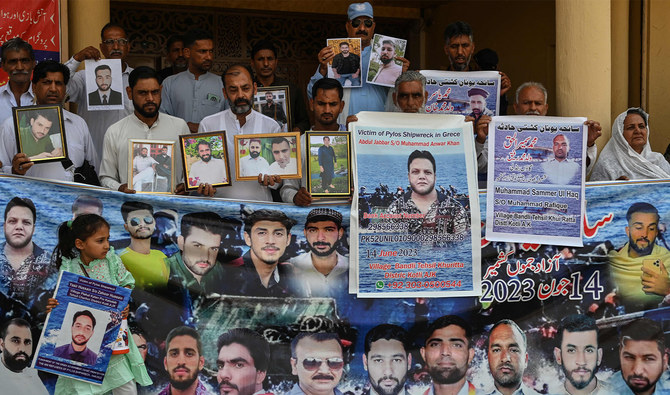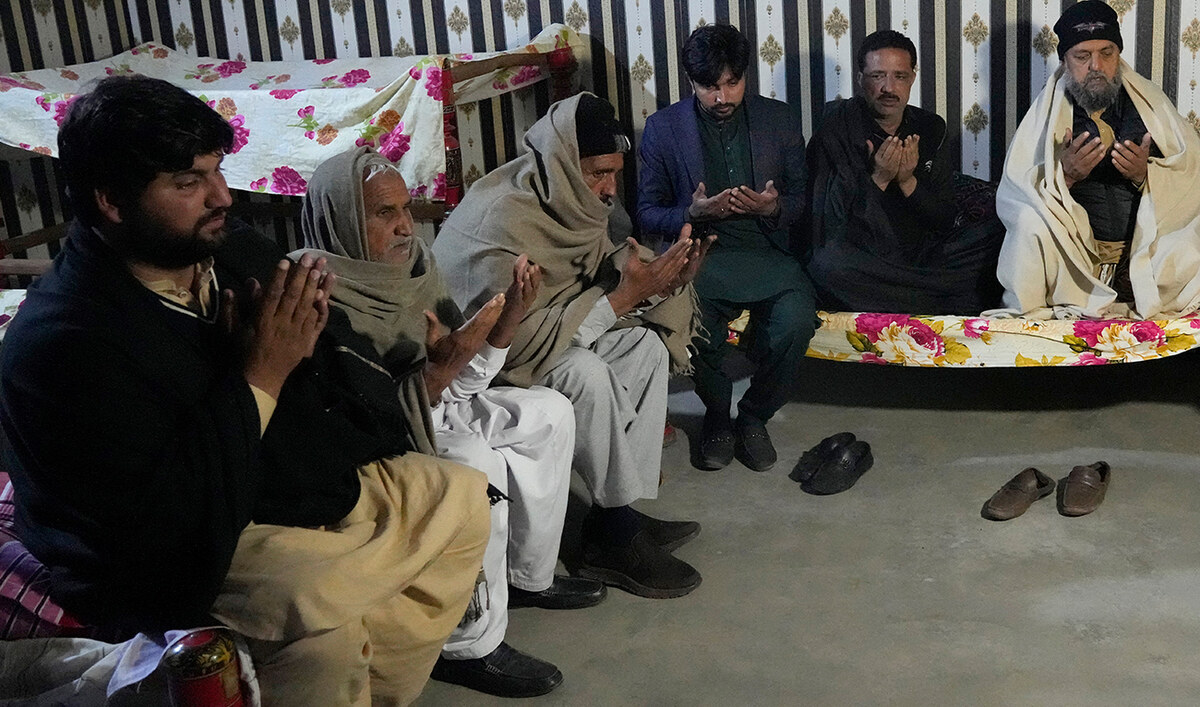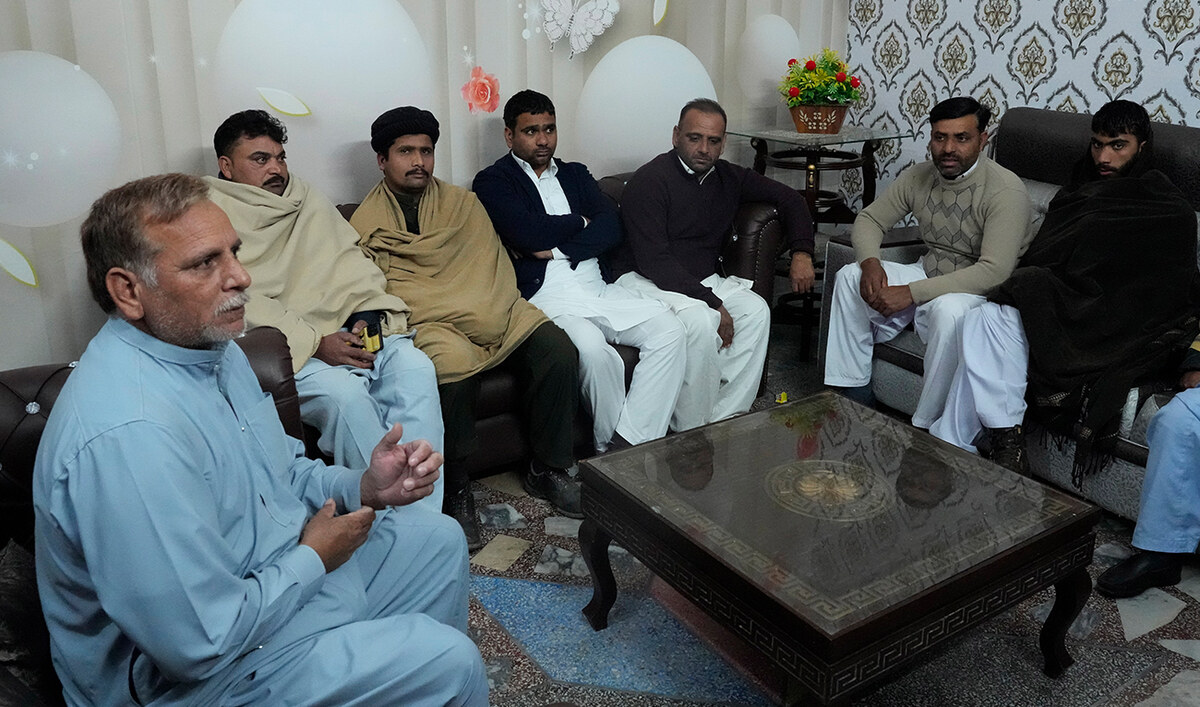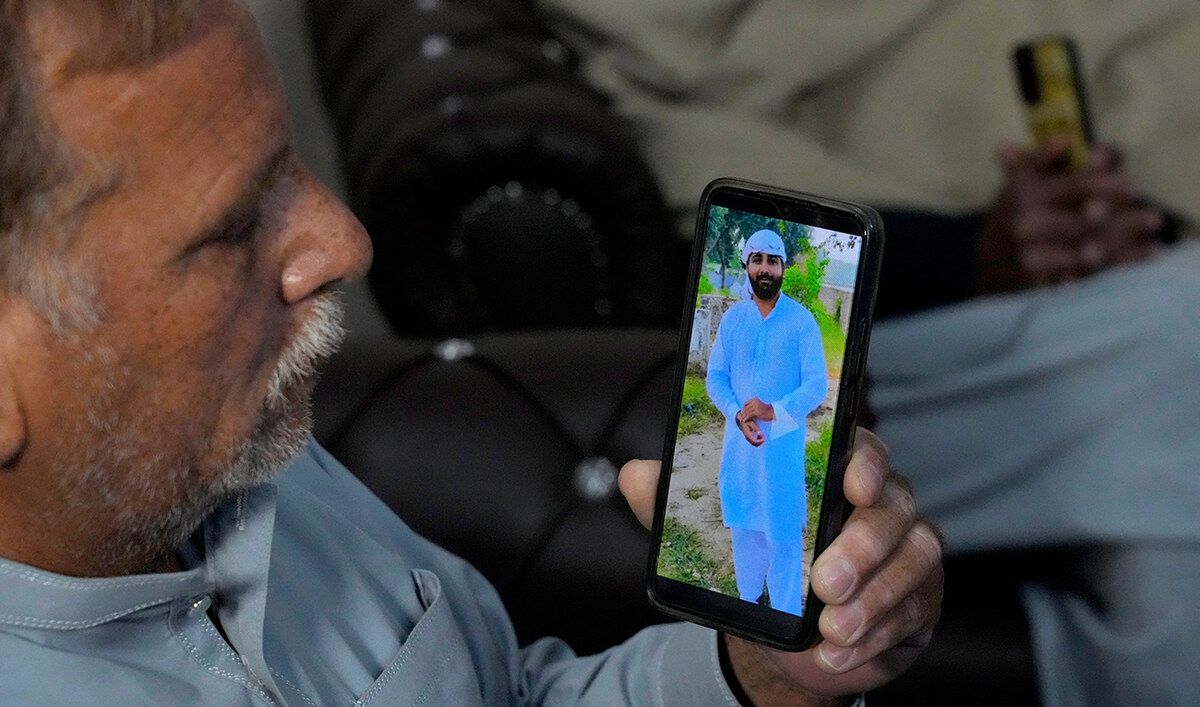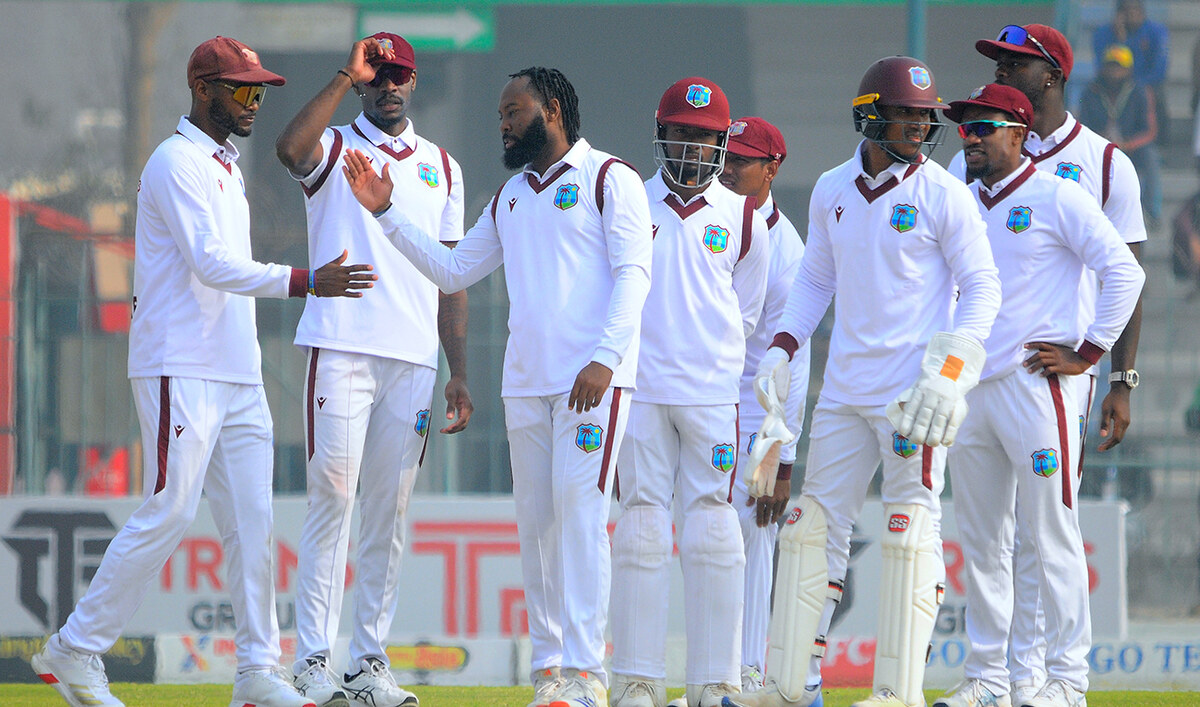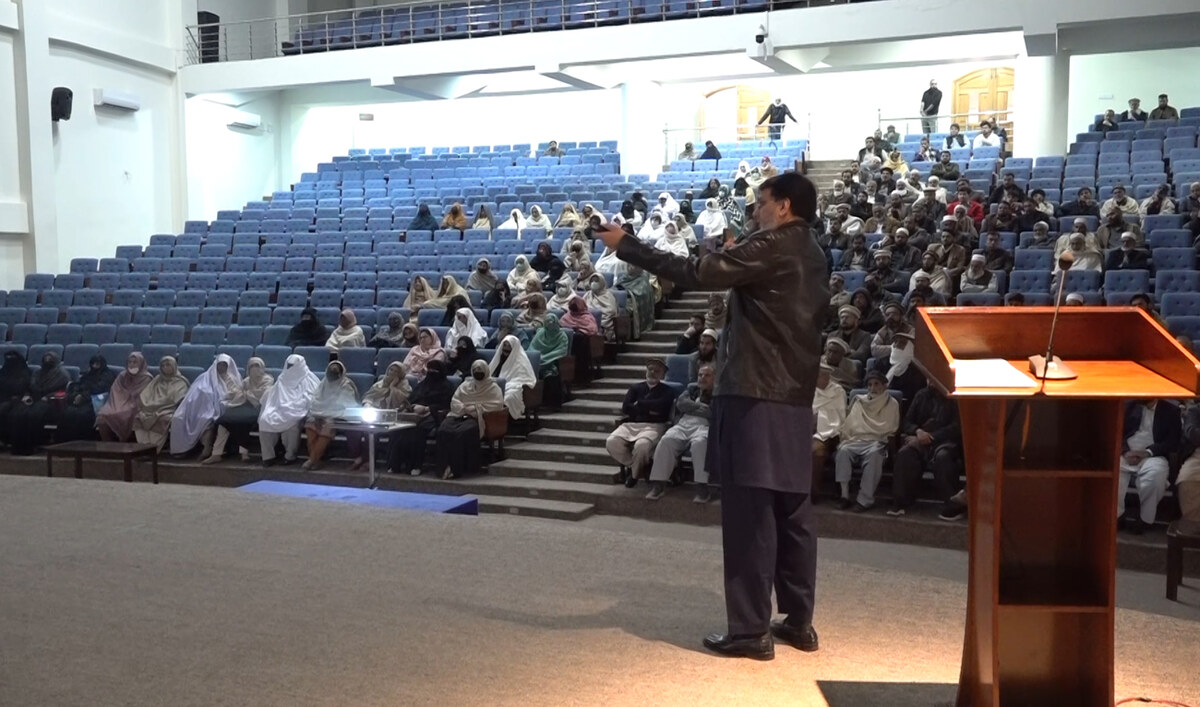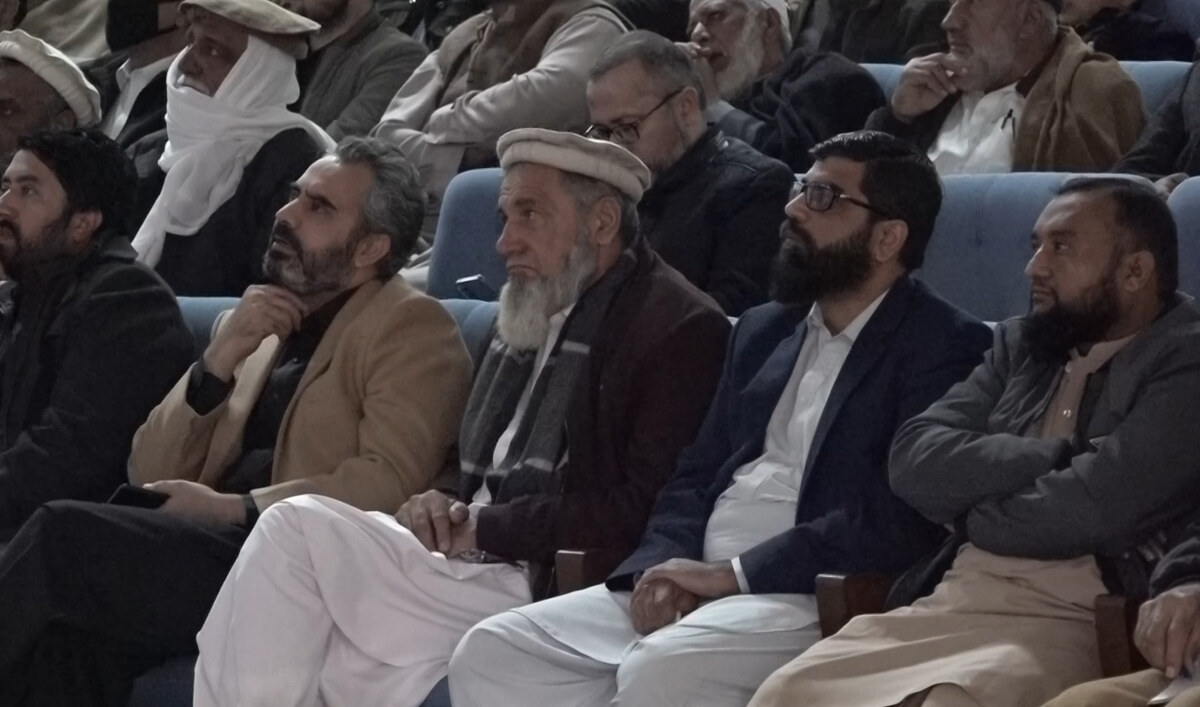LALAMUSA, Pakistan: A year after the disappearance of his brother in one of the deadliest shipwrecks in the Mediterranean, Suleman Tariq wants answers. But, like other young Pakistanis, he is also determined to make it to Europe.
Dozens of families gathered at a wedding hall in the Punjabi town of Lalamusa on Friday to mark the anniversary of the rusty and overloaded trawler sinking off the coast of Greece, killing more than 600 people.
“Since my brother went missing, our financial situation has worsened. I have no choice but to leave Pakistan to help my family repay the loan we took,” said Tariq, whose brother Usman Tariq, was on board but not declared dead.
“There’s absolutely nothing in this country... However, I will only pursue legal avenues and will not follow my brother’s path.”
Almost every family from the surrounding area has a male relative who has traveled to Europe illegally over the past few decades in search of economic prosperity.
The country has one of the highest rates of emigration in the world, according to the United Nation’s International Organization for Migration (IOM).
“May Allah never let what happened to us happen to anyone else,” said Usman Tariq’s wife, 24-year-old Fakhara Usman, who gave birth to her second daughter just two months after the disaster.
“It is very hard. I live and die every day. It is extremely difficult.”
The family borrowed 2.5 million rupees (around $8,970) from relatives to pay smugglers to get Tariq across the risky waters.
The boat was carrying more than 750 people, according to the UN, but only 82 bodies were found.
Up to 350 Pakistanis were on the ship, according to the government in Islamabad.
Twelve survived while 15 bodies were recovered, and the rest declared missing.
“We are searching for any sort of information, which is why we are here. We hope to get some news and possibly find him,” she added.
Pakistan is in the grip of a staggering economic downturn that spurs illegal migration, mostly by young men who hope to get a financial foothold in Europe and send cash home.
The magnitude of the disaster however sparked a crackdown by Pakistan’s Federal Investigation Agency (FIA) who told AFP on Thursday that dozens of smuggling agents have been arrested since last year.
In May, a Pakistani court sentenced one of the accused, Muhammad Mumtaz, to 20 years in prison on charges of human smuggling and fined him 4.2 million Pakistani rupees.
Several other men are currently undergoing trials in various courts, the FIA added.
“Our poverty forced us to take this decision,” said Rehana Naz, a 50-year-old health worker whose son is still missing.
Tens of thousands of migrants, mostly from Syria, Afghanistan and Pakistan, have entered Greece in recent years from the sea and land borders with Turkiye.
The IOM has declared the Mediterranean passage the world’s most perilous migration route.
Around 3,155 migrants went missing there last year alone — surpassing the 2,411 disappearances recorded in 2022. While this year 923 are missing so far, according to the agency.
In Greece, survivors have alleged that the coast guard took hours to mount a response to the sinking ship, despite warnings from EU border agency Frontex and the NGO Alarm Phone.
The coast guard has insisted it communicated with people on board who “refused any help.”
Bereaved families in Pakistan are also demanding compensation from the government of Greece and are preparing to file a lawsuit in Athens.
“It was the moral responsibility of the Greek government to save the lives of these people. Their coast guard witnessed the shipwreck but did not act to save them,” accused Mehar Nasir Aslam, a 63-year-old lawyer and local activist who organized the anniversary event.
“Even if these people were entering the country illegally, they could have been arrested and deported. Allowing them to die is unacceptable, and therefore, we will file a lawsuit in Greece.”


